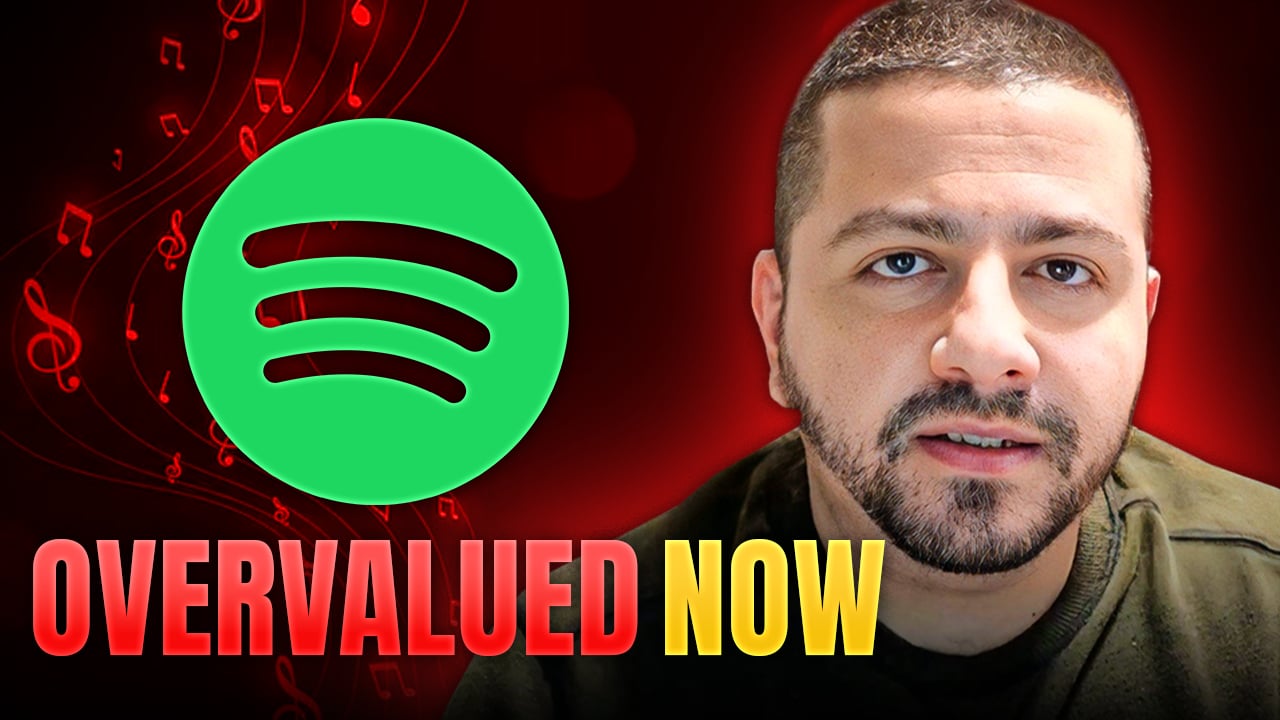Spotify's (SPOT 1.42%) investments in podcast content have made a lot of headlines this year. It's made several big acquisitions and signed contracts for future content partnerships as well.
But less attention has been paid to Spotify's ability to uniquely create value from podcast listening on its platform. Podcasting is mostly an ad-supported business, one that the music streaming and media services provider is extremely well situated to support considering its ad-supported music business.
Spotify has taken a few steps this year to introduce new ad products for podcasters, differentiating its platform from Apple (AAPL +0.20%) and other competitors. Most recently, it started testing in-app offers, which provide listeners a special link to an advertiser's website that automatically adds a podcast's promo code. Spotify should be able to make further innovations for podcasters to monetize their listenership due to its biggest competitive advantage: user data.

Image source: Spotify
A logged-in environment
Spotify requires users to set up an account and log in. It gets detailed demographic information. It sees a user's home address and can gather data from payment cards on file. It can see listening across devices, so it gets a better picture of each user's habits and the devices he or she uses.
Those data points are extremely valuable for targeting advertisements and measuring their effectiveness. As a basic example, with Spotify's new in-app offers ad, one of the early partners is Harry's, a men's razor company. It wouldn't make much sense to show that ad to women. Furthermore, Spotify can track who clicked on the advertisement but didn't complete a purchase -- data that's often missing from traditional podcast advertising, which typically asks listeners to navigate to an advertiser's website manually.
Spotify's ad targeting and measurement capabilities become even more important as it expands its streaming ad insertion technology to more podcasts. The ad tech dynamically inserts ads into podcasts based on what Spotify's artificial intelligence thinks will create the most value for advertisers and listeners. It's currently limited to Spotify-owned podcasts, but it could eventually expand to all podcasts on the platform.
"When it comes to monetization, it is true that a lot of podcasters are struggling and have to set up their own sales forces in order to succeed creating revenue for themselves," CEO Daniel Ek said on Spotify's first-quarter earnings call. "We look at that long term as a massive opportunity, and podcasters are eager for us to get into this space."
While Apple has a lot of user data as well -- users are logged into Apple accounts to use their iPhone, they connect payment cards for App Store downloads, etc. -- it doesn't have the same level of ad tech or a massive sales team like Spotify. And while Apple has dabbled in digital advertising in the past, it's not at the core of its business, especially with its focus on user data privacy.
Creating consumer demand for podcasts
Spotify's user data and platform is also valuable in creating consumer demand for podcast listening. Spotify has been extremely successful in growing podcast listening on its platform in a short period of time: 19% of monthly users engaged with podcast content during the first quarter, up from 16% in Q4.
Spotify is able to use its user data to make better recommendations for new podcasts for listeners to try out. Meanwhile, strong listenership of Spotify's algorithmically generated and company-curated playlists have given it an opportunity to promote podcast listening to more users.
Spotify is proving it's able to create demand for podcast listening. And CFO Barry McCarthy pointed out that "the gross margin flows to whoever owns demand creation."
Standing out from an increasingly crowded field of podcasts -- both on the listenership side and advertising side of the business -- is very difficult. "If we're able to own the consumer insights that inform us about where the demand is for that content, then the margin will flow to Spotify," McCarthy said on the first-quarter earnings call.
Controlling more user data than competitors and combining it with better ad technology and content recommendations gives Spotify a unique ability to create value in podcasting.





